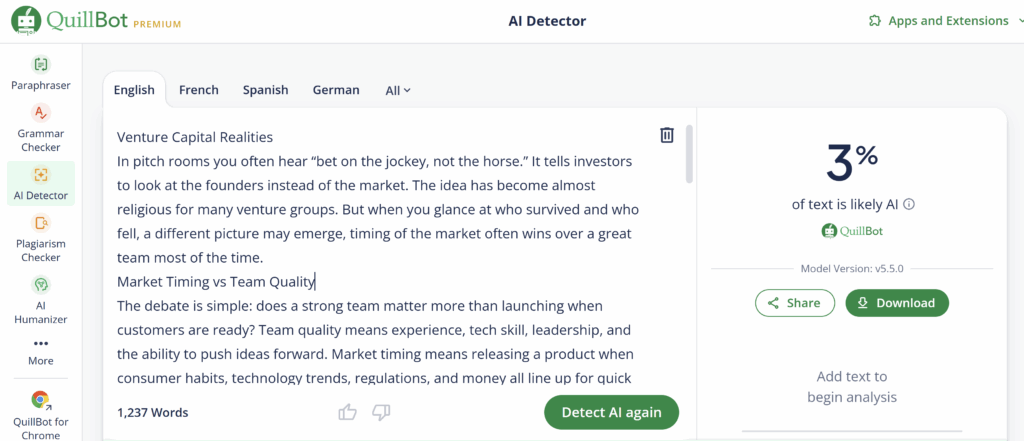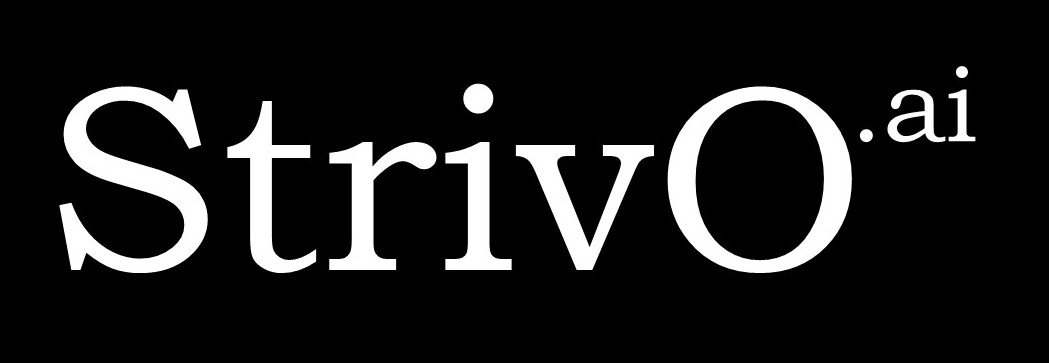Venture Capital Realities
In pitch rooms you often hear “bet on the jockey, not the horse.” It tells investors to look at the founders instead of the market. The idea has become almost religious for many venture groups. But when you glance at who survived and who fell, a different picture may emerge, timing of the market often wins over a great team most of the time.
Market Timing vs Team Quality
The debate is simple: does a strong team matter more than launching when customers are ready? Team quality means experience, tech skill, leadership, and the ability to push ideas forward. Market timing means releasing a product when consumer habits, technology trends, regulations, and money all line up for quick growth.
Why Timing Often Beats the Team
Look at companies like Snapchat. Its founders were new to business, yet they hit when smartphones became everywhere. On the flip side, think about Juicero. Super smart engineers built a fancy press, but people weren’t willing to pay for a pricey kitchen gadget. These cases suggest that even the smartest founders can be stopped by bad timing.
Investors might need to rethink their mantra. Perhaps the best bet is a mix, a decent team plus a market that feels ready. Ignoring timing could leave you holding a brilliant horse in a desert.
In conclusion, while jockeys matter, a well-timed racecourse may be the real edge. Some investors still cling to old mantras, risking missed big chances in today’s market.
Market Timing over Team Quality
Think about Webvan, that big dot-com crash story. The firm had great leaders, huge cash, and a neat idea, delivering groceries online. Yet the roads, the net speed, and shoppers’ habits just weren’t ready in 1999. Then comes Instacart in the 2010s. Its team maybe less seasoned, but the world had changed enough to let them work. Timing appears important, right?
It seems market timing isn’t just early or late. It’s about being the right fit for the moment. A startup could be ahead of its time and still fall apart. Being first to market sometimes matters less than being first to find product-market fit. When big trends line up, tech ready, buyers eager, rules loose, average teams can ride a wave that even top founders could not catch alone.
The Macro Tailwinds That Matter
Tech Inflection Points – cloud services in early 2010s, phones everywhere in late 2000s, AI kicking off in early 2020s. Those changes cut costs and open new ways to work.
Regulation Windows – Uber and Airbnb grew where laws were vague. Cannabis firms popped up as states said yes. Fintechs grew when banks opened their data.
Capital Liquidity – The time after 2008 and after COVID seemed full of venture money. Startups could grow fast when cash was easy. A company that tries to start during a tight money phase may not make it.
Consumer Behavior Shifts – People started working from home, paying with phones, caring more about health. Those changes flip demand almost overnight. New markets pop up quick.
When those forces meet, the market looks ready, set. Startups that appear in those windows often ride a rising tide that lifts all boats.
The Data Speaks: Timing Team
Some research says timing beats team. Bill Gross looked at more than two hundred startups. He found timing explained about forty-two percent of why some succeed and others fail, more than ideas, money, or team.
That matches what we see in real life. Each story of a dream team that fell because the market wasn’t ready sits next to a tale of an average team that caught the wave. Zoom wasn’t the first video chat tool, but it showed up when cloud services and remote work made it needed. TikTok wasn’t a brand-new idea, yet it hit the cultural moment better than earlier apps.
Why Investors Overweight Team Quality
So why do investors keep putting weight on the team? It could be because early-stage deals often lack sales or users. Without numbers, the team becomes a stand-in for what might happen.
Market Timing vs. Team
Investors often say they can read a founder’s resume easier than they can guess when a market will turn. That may mean they fall back on something they think they control, the people.
But that habit brings a kind of survivorship bias. The winners get remembered, the losers fade. It appears the story that “team quality is everything” sticks around.
Limits of a Good Team in a Wrong Market
Even a smart team can shift focus or find a niche. Still, they can’t pull buyers out of thin air. In a cold market, sales move slower, customer-acquisition costs climb, and investors lose interest. The startup ends up burning cash just to look busy.
When the market feels warm, everything seems easier. Hiring is smoother, customers say yes faster, money is there. Even a modest crew can grow if the market pushes forward.
Timing isn’t a magic ticket, yet it does boost how execution plays out. In a good macro climate, mistakes are forgiven quicker, wins pile up. In a hostile climate, perfection still might fail.
When Team Might Outweigh Timing
Sure, there are cases where people matter more. Deep-tech, biotech, or brand-new frontiers often need deep knowledge, long R&D paths, heavy regulation. Here a top team may matter more than any timing advantage.
Perhaps investors should weigh both angles, not just one. A balanced view might reduce missed chances overall. Winner-take-all markets, the best team can out-execute competitors and dominate. But even in these cases, timing still plays a role. Consider OpenAI: the AI wave hit at a moment when computing power, data availability, and public interest converged. The team was world-class, but so was the timing.
A More Nuanced Framework for Investors
Is the market approaching a tipping point? Look for signs like new regulations, shifting consumer habits, or breakthrough tech.
Can the team execute within this window? Ask whether founders can actually take advantage of the moment. A great market means little if they cannot deliver.
Is the startup surfing a wave or swimming upstream? Try to tell if momentum is natural or forced. Pushing against the current often raises risk.
How long will the window last? Timing windows close fast. The best bets catch the wave early and ride hard before rivals arrive.
In short, team and timing should be judged together, but remember timing may set the highest possible upside and the team decides if that upside is reached.
Final Thoughts: Rethinking the Founder-First Narrative
Silicon Valley myths often celebrate the lone hero founder, yet the math of startup success tends to put the market in the leading role. Investors would do better to ask whether the market is ready before they fall in love with a charismatic founder today.
Timing seems to shape the field where startups either grow or slip.
Investors that look at market readiness together with team strength probably have a better shot at finding winners. In today’s world, macro trends change so fast that the clash between timing and team quality feels more like a need than a theory. Great teams might eventually pull through, yet the short window that decides funding and early traction often leans toward timing. Howard Marks once noted, “You can’t predict, but you can prepare.” So preparation may begin by spotting when the market feels ready, though that signal can be unreliable at times occasionally.



